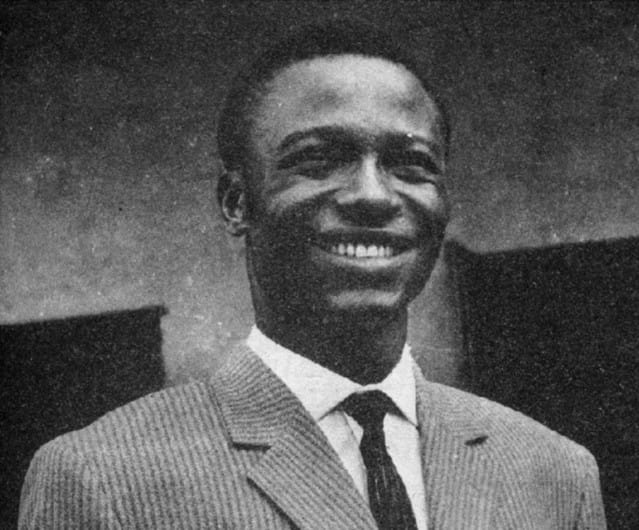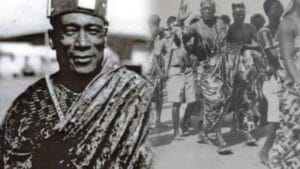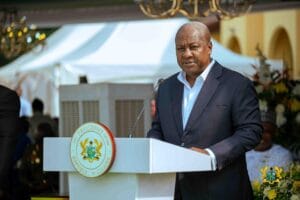
Baba Yara was born with a gift that could not be taught-speed like lightning, and a touch so smooth it felt like poetry on grass.
As a young man in Kumasi, he first dazzled crowds not with a football, but as a horseman for the Asantehene’s stables. Yet destiny had bigger stadiums waiting for him.
When Baba Yara joined Kumasi Asante Kotoko in the 1950s, everything changed. Fans packed the stands just to watch him run down the wing-effortless, fearless, unstoppable. His crosses were arrows, his goals were thunder, and soon all of Ghana knew his name.
By the early 1960s, he became the star of the Black Stars, leading Ghana to glory in international matches. Commentators said he didn’t just play football-he performed it. Every touch drew applause. Every sprint lifted hope. Baba Yara had become the face of Ghanaian football, a symbol of a rising nation.
But Fate Was Cruel
In March 1963, while returning from a match between Real Republicans and a Club from the Volta Region an accident occurred. Baba Yara survived, but his spine was shattered. The man whose legs had carried a nation’s dreams could no longer walk. Ghana wept.
Even in his wheelchair, he stayed gentle, humble, and full of gratitude. But football was his life-and losing it slowly dimmed his light. In 1969, at just 33 years old, Baba Yara passed away, leaving behind a legacy carved in brilliance and heartbreak.
Today, the stadium in Kumasi bears his name.
Every cheer, every goal, every echo under
those floodlights carries a piece of the boy
who rose to greatness and left too soon-the
eternal legend, Baba Yara.






